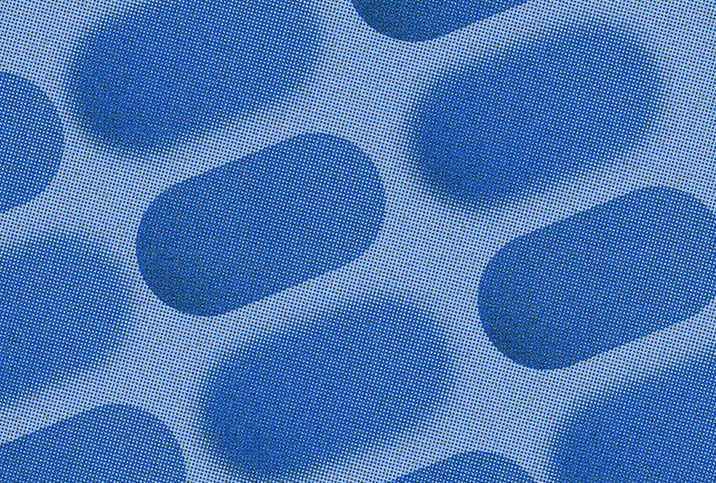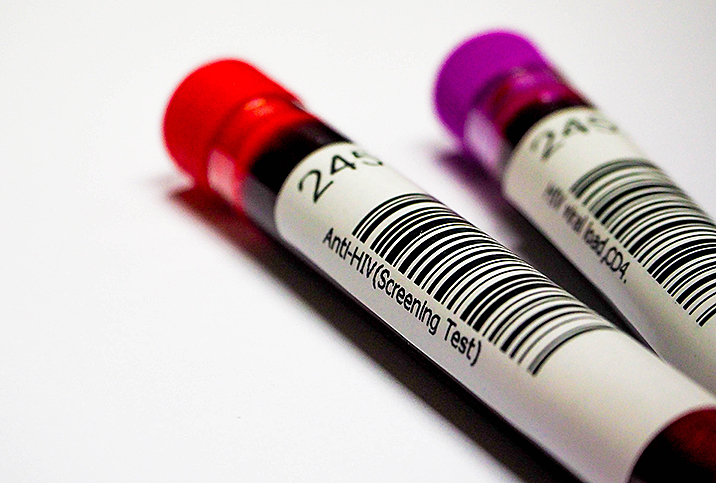HIV Increases Testicular Cancer Risk—But Less Than it Used To

The human immunodeficiency virus (HIV) is a sexually transmitted infection that, when left untreated, can lead to the development of acquired immunodeficiency syndrome (AIDS). The impact of the virus on the immune system puts people with HIV at greater risk for a variety of health conditions, including testicular cancer.
In recent decades, treatments for HIV have made significant advancements, allowing individuals who are HIV-positive to live healthy lives with normal life expectancies. Antiretroviral therapy (ART), a combination of drugs that are taken as a once-daily pill, enables most people with HIV to suppress the virus within six months, making it less likely to impact their immune system in the long term. ART, when taken consistently, can also lower viral load levels so much that the virus becomes undetectable in the blood, effectively making it intransmissible.
The link between HIV and testicular cancer
Though these advances in treatment make it possible to lessen the impact of HIV on a person's immune system, men who are HIV-positive are still at a greater risk of developing testicular cancer, according to the American Cancer Society and a 2019 study from researchers at the University of Padova in Italy.
One common theory among medical experts is that testicular cancer, along with some other cancers, can develop and progress quickly in the presence of a weakened immune system caused by the HIV infection, according to the American Cancer Society.
Protecting your health while HIV-positive
Since the connection between HIV and the increased risk of testicular cancer is not fully understood, there's no surefire way to prevent the disease other than engaging in behaviors to prevent HIV infection. However, all men—HIV-positive or not—should make regular testicular self-exams a habit because detecting testicular cancer early is an essential part of successful treatment.
When you undergo treatments such as ART, the virus doesn't leave your body. Instead, the virus goes dormant and resides in a small number of cells. And if you stop taking ART, even for just a few days, the virus can reemerge and become transmissible once again.
More research needs to be done to determine whether ART can mitigate the increased risk of testicular cancer and other diseases that come along with HIV. But overall, the use of ART has been overwhelmingly successful. Researchers and healthcare organizations report that ART therapy generally helps individuals with HIV live longer and healthier lives.
All men have some risk of developing testicular cancer in their lifetime, whether they have HIV or not. While there's no foolproof way to prevent cancer, experts advise that making healthy lifestyle choices, such as practicing safe sex behaviors, abstaining from smoking and heavy drinking while also exercising regularly and maintaining a balanced diet, may reduce your risk for cancer in general.


















